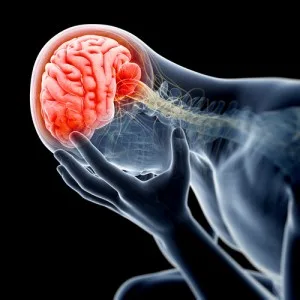
In Florida, 18,922 people were hospitalized due to traumatic brain injury in 2012, according to Florida Health. In addition to the hospitalizations, 3,798 people died of traumatic brain injury in the state over the course of the same year.
Traumatic brain injury (TBI) can cause many immediate symptoms and have lasting consequences. One problem which can occur as a result of brain injury is an inability to wake up.
When an open or closed head wound causes damage to the brain, brain tissue will react immediately to the trauma. Physiological responses and biochemical reactions can occur, and substances from brain cells can flood the brain and cause further destruction in a process called secondary cell death. The damage to brain tissues and cell death can cause loss of consciousness at the time of the initial trauma.
Sometimes, the loss of consciousness (LOC) lasts for a long time in severe injuries. LOC which lasts for weeks, months, or years is called a coma. A victim who is in a coma may be unable to wake up.
In other situations, a brain injury victim will not lose consciousness or will be unconscious only for a brief period. A victim who experiences a less severe TBI and who does not fall into a common can also experience sleep disturbances, including extreme drowsiness that makes waking up difficult.
Whether a victim suffers a coma, or experiences ongoing sleep disturbances and other symptoms from a TBI, getting proper treatment is essential. It is also expensive.
TBI sufferers may be able to pursue a claim to recover compensation for economic and non-financial damage if someone else caused their brain injury to occur. A Florida brain injury lawyer can provide help to TBI victims and their families when a brain injury causes an inability to wake up or causes other health issues.

